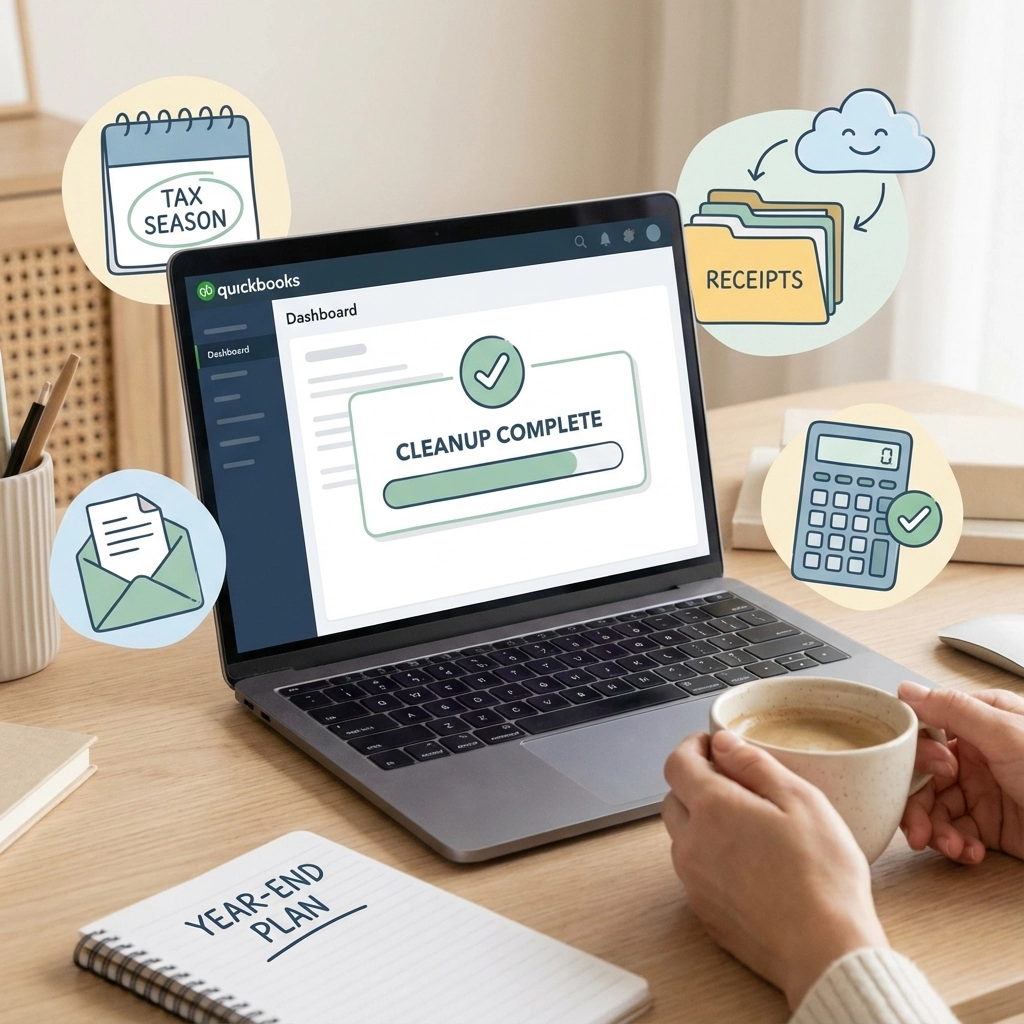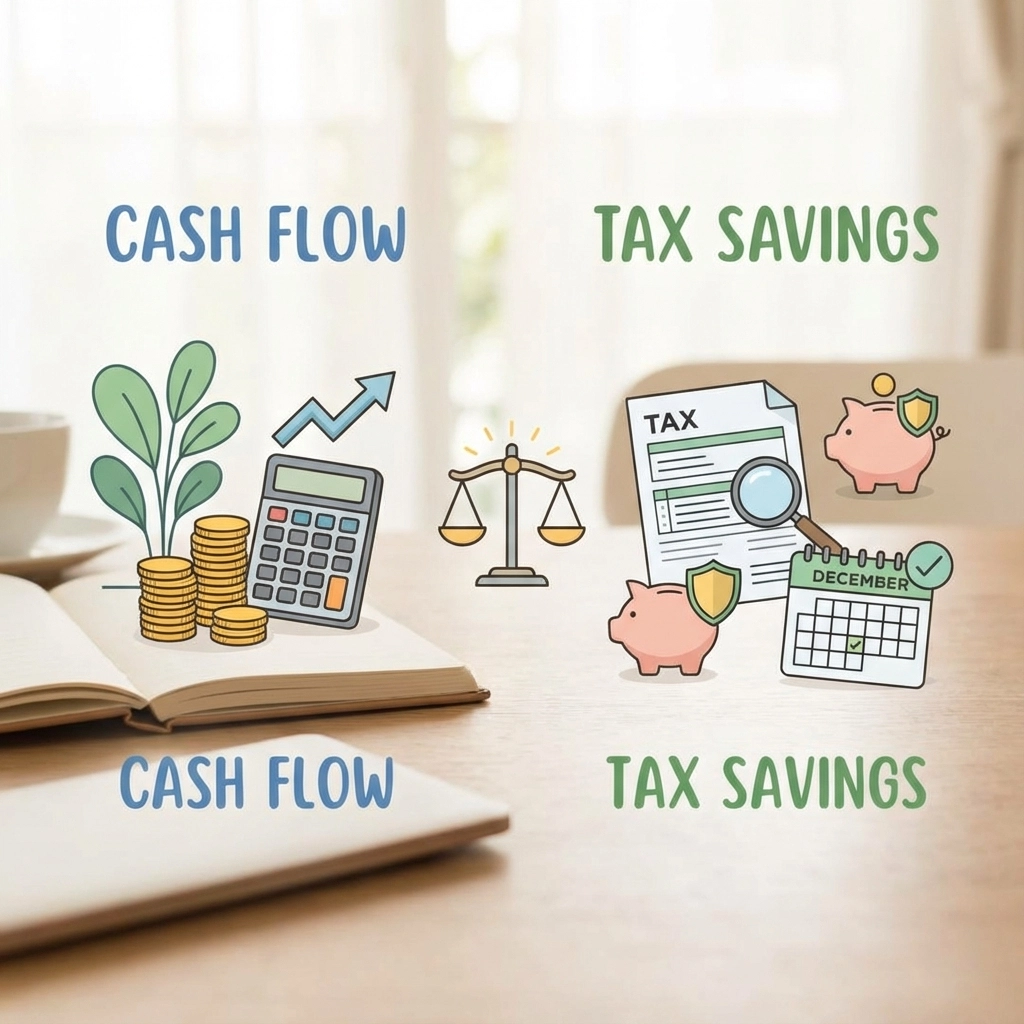top of page
NEWS & UPDATES
Search


The Ultimate Guide to Year-End QuickBooks Cleanup: Everything You Need for a Stress-Free Tax Season
December is here, which means it's time for that annual ritual every business owner loves to hate: year-end QuickBooks cleanup. But here's the thing, it doesn't have to be a nightmare that keeps you up at night. With the right approach and a solid checklist, you can turn this dreaded task into a smooth, organized process that sets you up for tax season success. Think of year-end cleanup as your financial spring cleaning. You're not just organizing numbers; you're creating a c
Susan Hagen
Dec 26, 20255 min read


Cash Flow vs. Tax Savings: Which Should You Prioritize This December? (And How to Balance Both)
Here's the thing about December business planning: you don't have to choose between having cash in the bank and saving on taxes. I know it feels like these two goals are pulling you in opposite directions, but with the right approach, they can actually work together. The real question isn't which one to prioritize, it's how to make smart moves that improve both your cash position and your tax situation. And with some significant changes from the One Big Beautiful Bill Act thi
Susan Hagen
Dec 24, 20255 min read


Are You Missing These 5 Game-Changing Tax Benefits from the One Big Beautiful Bill Act?
If you've been too busy running your business to keep up with tax law changes, you might be leaving serious money on the table. The One Big Beautiful Bill Act (OBBBA), signed into law in July 2025, delivered some of the biggest tax breaks we've seen in years, and they're effective right now for the 2025 tax year. With December winding down, this is your last chance to maximize these benefits before you file. Let me walk you through the five game-changers that could seriously
Susan Hagen
Dec 22, 20254 min read
bottom of page
.png)